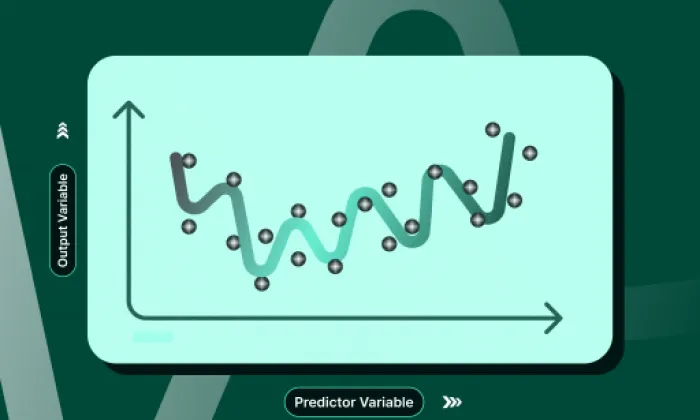What makes medical dictation data unique compared to general speech corpora?
Speech Recognition
Healthcare
Speech AI
Medical dictation data is distinct from general speech corpora due to its specialized vocabulary, structured format, and controlled audio characteristics, all designed to meet the unique demands of clinical environments. Understanding these differences is crucial for AI engineers, product managers, and researchers aiming to develop effective AI solutions in healthcare.
Specialized Medical Terminology
Medical dictation data is rich with specialized medical terminology encompassing diagnostic terms, medication names and procedural jargon. This contrasts sharply with general speech corpora, which cover a broad range of topics and conversational styles. For instance, a clinician's dictation might include phrases like "hypertension management" or "acute bronchitis assessment," which demand precise recognition from AI systems trained on such data. The density of this terminology presents challenges for automatic speech recognition (ASR) systems, which must accurately interpret these terms to avoid errors in clinical documentation that could impact patient care.
Structured Clinical Formats
Medical dictation typically follows structured formats like SOAP (Subjective, Objective, Assessment, Plan), reflecting standard clinical documentation practices. This structure is crucial for AI systems tasked with extracting and organizing information efficiently. In contrast, general speech corpora may consist of mixed dialogues and monologues with varied speech patterns, lacking a clear organizational framework. This lack of structure complicates training AI models meant to classify and categorize information accurately.
Controlled Audio Quality
Medical dictation recordings are often made in controlled environments, such as clinics or hospitals, minimizing background noise. These recordings focus on clarity and fidelity, typically in mono audio, to ensure precise transcription. On the other hand, general speech datasets may include recordings from diverse environments, resulting in varying audio quality and acoustic challenges. Such variability can introduce noise, complicating the training of ASR models and making the data less reliable for medical applications.
Data Collection and Annotation Challenges
Collecting and annotating medical dictation data presents unique challenges. Given the sensitive nature of healthcare data, compliance with regulations such as HIPAA is paramount. Ensuring informed consent from contributors and protecting personal health information is critical for maintaining ethical standards. Moreover, annotating medical terminology requires field expertise, necessitating a dual-layer quality assurance process involving both linguistic experts and medical professionals to ensure accurate terminology representation.
Leveraging Medical Dictation Data for Healthcare AI
For AI teams focusing on healthcare solutions, leveraging medical dictation data can significantly enhance model accuracy and workflow efficiency. FutureBeeAI offers comprehensive data collection, transcription, and annotation services tailored to these needs. By partnering with FutureBeeAI, teams can access high-quality, compliant datasets that drive better clinical outcomes. Connect with us to explore solutions that can deliver production-ready datasets within 2-3 weeks, ensuring your projects are both timely and effective.
What Else Do People Ask?
Related AI Articles
Browse Matching Datasets
Acquiring high-quality AI datasets has never been easier!!!
Get in touch with our AI data expert now!








